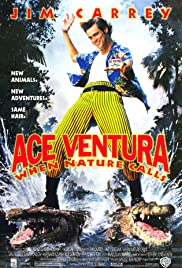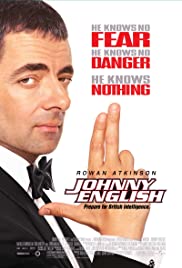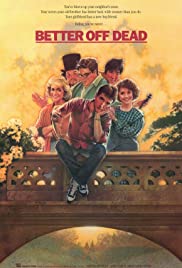O Brother, Where Art Thou? Soundtrack (2000)

Buy on Amazon Play and download Soundtracks
Rating:
7.70/10 from 332000 votes
Tags:
odysseus, ku klux klan komedy
Alternate Names:
Title in Español:
O Brother!
Title in Italiano:
Fratello, dove sei?
Title in Português:
Irmão, Onde Estás?
Synopsis
"O Brother, Where Art Thou?" is loosely based on Homer's "Odyssey," the movie deals with the picaresque adventures of Ulysses Everett McGill and his companions Delmar and Pete in 1930s Mississippi.
Sprung from a chain gang and trying to reach Everett's home to recover the buried loot of a bank heist they are confronted by a series of strange characters--among them sirens, a cyclops, bank robber George "Baby Face" Nelson (very annoyed by that nickname), a campaigning governor and his opponent, a KKK lynch mob, and a blind prophet who warns the trio that "the treasure you seek shall not be the treasure you find."
Download and play the Soundtrack list
| Play | Title | Artist |
|---|---|---|
|
O Brother, Where Art Thou?
|
||
|
Po Lazarus
|
||
|
Big Rock Candy Mountain
|
|
|
|
You Are My Sunshine
|
|
|
|
Down to the River to Pray
|
|
|
|
I Am a Man of Constant Sorrow
|
|
|
|
Hard Time Killing Floor Blues
|
|
|
|
I'll Fly Away
|
|
|
|
Keep on the Sunny Side
|
|
|
|
Admiration
|
|
|
|
Didn't Leave Nobody But the Baby
|
|
|
|
Tom Devil
|
|
|
|
In the Highways
|
|
|
|
O Death
|
|
|
|
What Is Sweeter
|
|
|
|
In the Jailhouse Now
|
|
|
|
I Am Weary (Let Me Rest)
|
|
|
|
Angel Band
|
|
|
|
Indian War Whoop
|
|
|
|
Lonesome Valley
|
|
|
|
I'll Fly Away
|
Albert E. Brumley:
Performer
|
|
|
Didn't Leave Nobody But the Baby
|
Alan Lomax:
Performer
|
|













